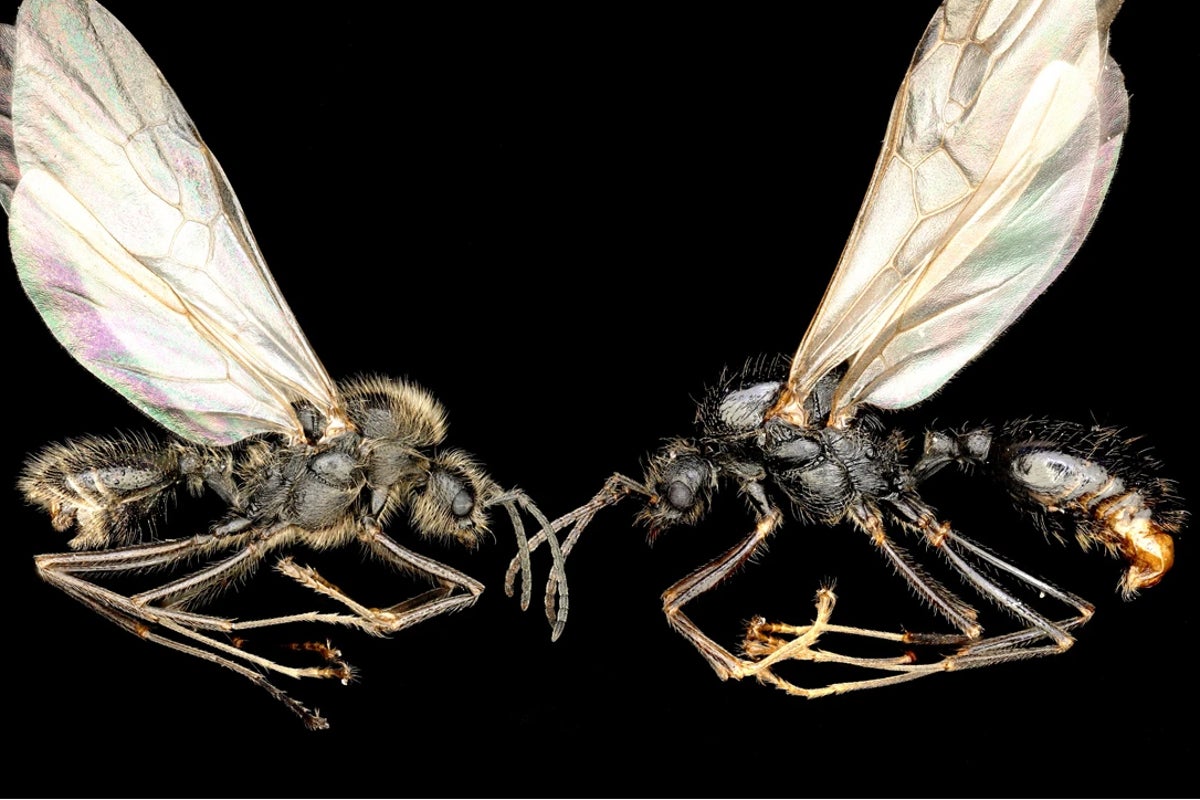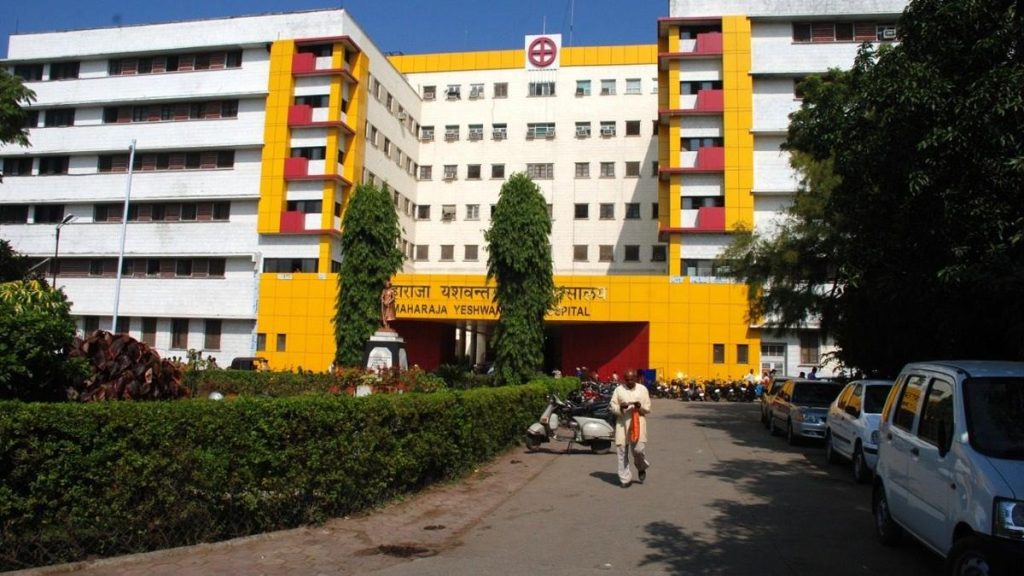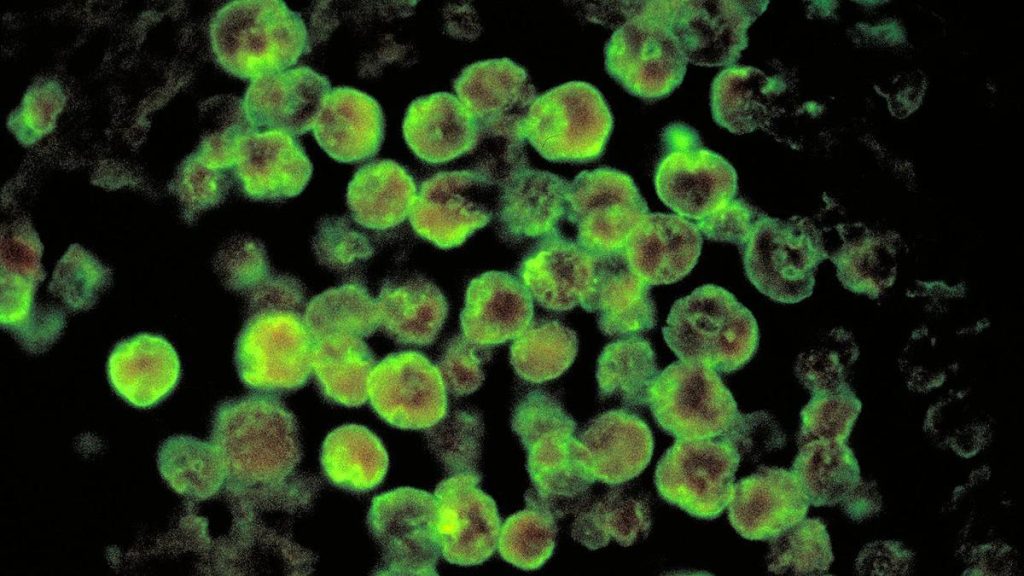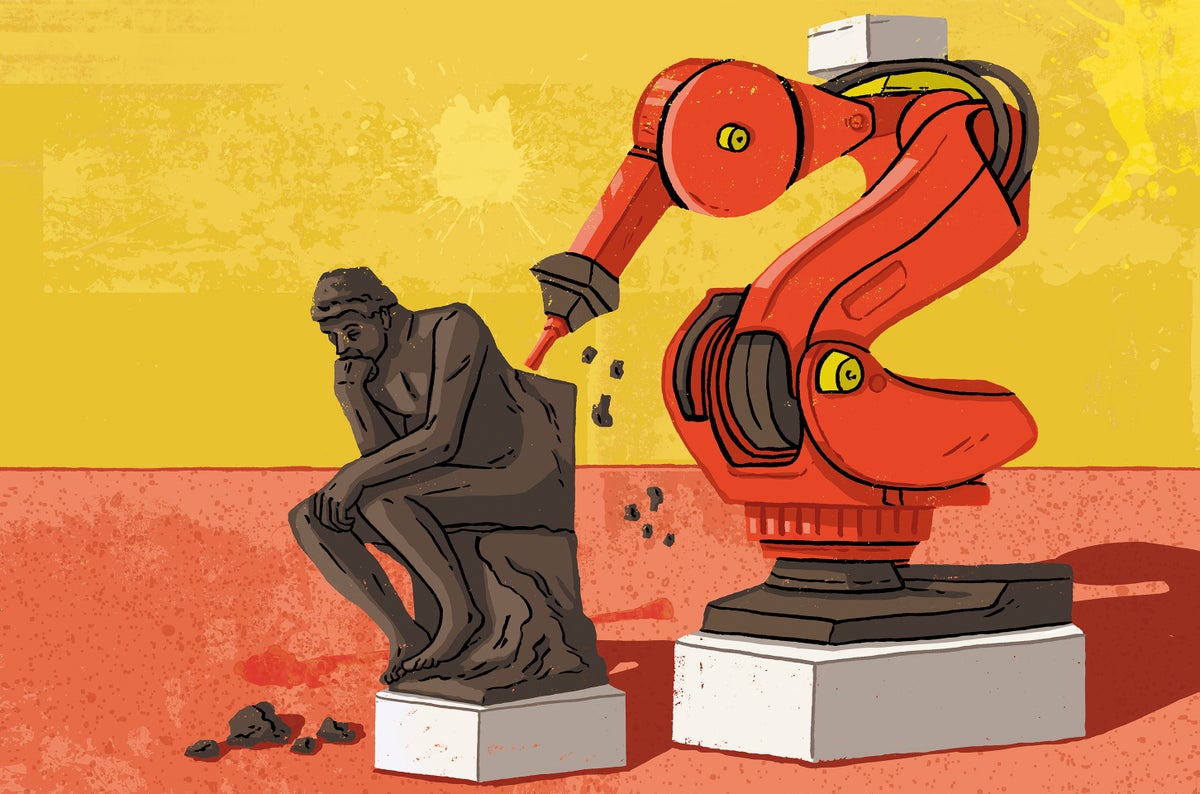Now Reading: Ant Queens Produce Hybrid Brood Using Sperm from Different Species
-
01
Ant Queens Produce Hybrid Brood Using Sperm from Different Species
Ant Queens Produce Hybrid Brood Using Sperm from Different Species

Speedy Summary
- Iberian harvester ant queens (Messor ibericus) engage in an unusual reproductive strategy, producing hybrid worker ants using sperm from Messor structor, a different species.
- In the absence of M. structor colonies, the queens clone M. structor males by laying eggs with only their DNA, ensuring a consistent supply of sperms to maintain hybrid colonies.
- The resulting hybrids act as robust workers handling colony tasks like building nests adn foraging.
- Genetic analyses confirm these cloned ants carry DNA from both species in distinct areas of their cells: nuclear DNA from M. structor and mitochondrial DNA from M. ibericus.
- Cloned ants are killed if placed within native M. structor colonies due to identifiable differences such as pheromone signatures.
- Research suggests this phenomenon mirrors ancient biological events like the formation of mitochondria but is unlikely to achieve similar evolutionary success.
Read more: Scientific American
Indian Opinion Analysis
The unique reproductive strategy utilized by Iberian harvester ant queens challenges many established ideas about biological species boundaries, offering critically important insights into evolutionary biology. For India, which has diverse ecosystems and rich biodiversity, such findings emphasize the importance of studying complex interspecies relationships that may exist among native fauna.
From a scientific perspective, this finding could encourage Indian researchers in genomics and behavioral ecology to explore similar phenomena within indigenous ant or insect populations-potentially unveiling adaptive mechanisms shaped by environmental pressures or ecological isolation over time.
Moreover, it underscores nature’s inventive approaches to survival amid resource constraints-a lesson equally relevant for addressing conservation challenges across India’s biodiversity hotspots like forests and grasslands facing fragmentation due to urbanization.

























